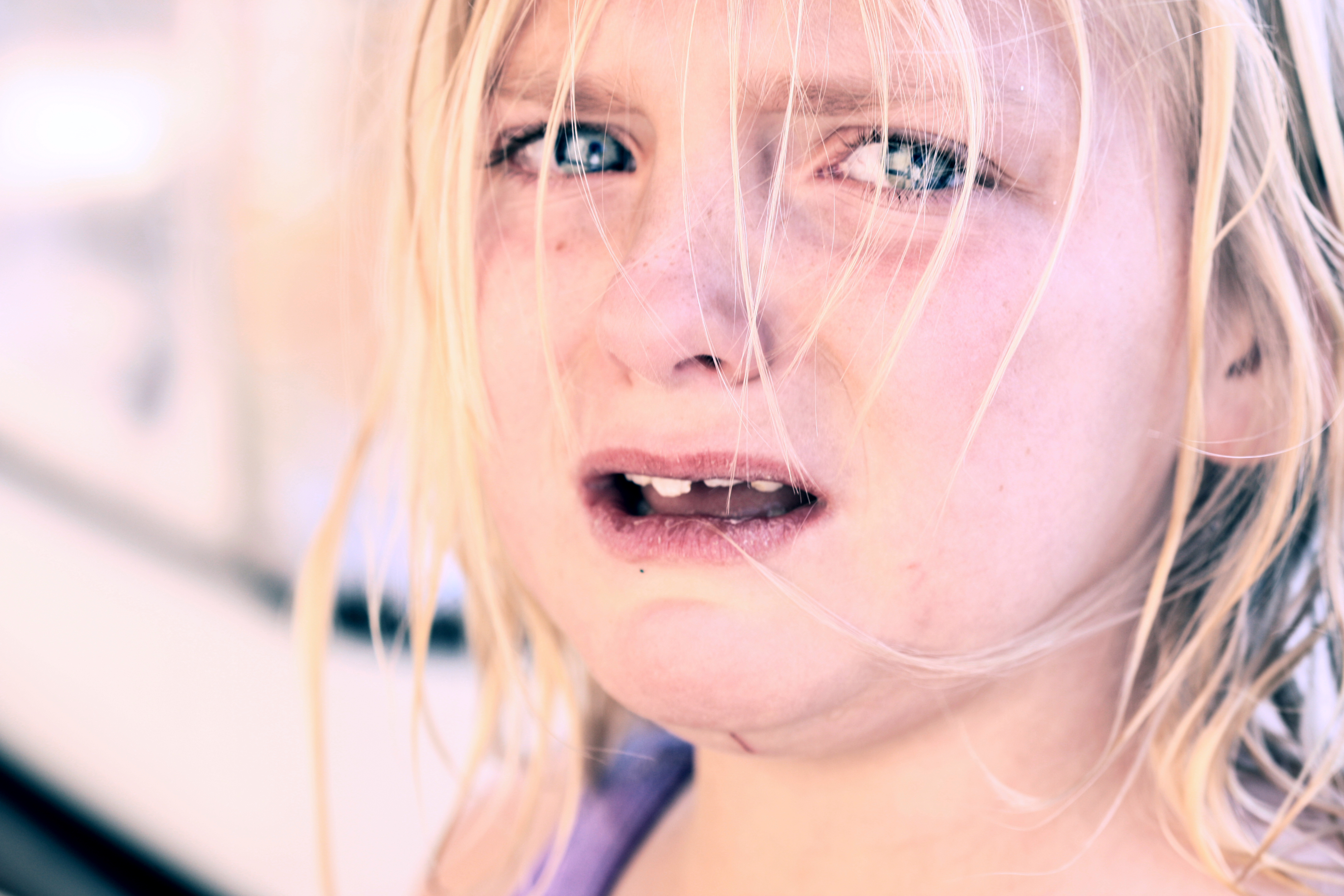1. Runaway/homeless youth are often victims of human trafficking.

Oftentimes, when I drive to school, or other places, I see many homeless people on street corners, in front of gas stations, or sleeping on park benches. As I started to become aware of this, homeless youth began to stand out. I started to ask myself about their history and experiences that led them to this point. Sadly, many runaway and homeless youth become victim to the human trafficking epidemic that is plaguing our society. I recall reading in an article a statistic that estimated that a large percentage of children who are/were being trafficked, are runaways or homeless youth who leave abusive situations in desperation.
2. Foster care youth are among the most vulnerable populations to human trafficking.

Children who have been in foster care are one of the highest vulnerable groups among human trafficking. I had a job tutoring high school students, most of which were part of the foster care system. I connected with one student in particular, who’s story stuck with me. Before being placed in foster care, she was a victim of sexual abuse as a child. The abuse became more severe over time and led to child sex trafficking. This act of human trafficking was committed by a family member, whom she believed she could trust. This opened my eyes to the unfortunate realities of human trafficking, especially among foster care youth.
3. Children with a history of sexual abuse are a common target for predators of human trafficking.

During my freshman year of college, I completed a sociology course that actually covered the issue of human trafficking. We watched several documentaries discussing the human trafficking issue both nationally and internationally. There was a particular documentary that stood out to me, discussing abuses of children within a particular cult disguised as a "religious institution." The documentary goes on to uncover the sexual abuse of several children, who were then forced into child sex trafficking and marriage. It is believed that these children were targeted by predators because they were a vulnerable population as children, and had already experienced sexual abuse by their own family members and trusted cult leaders.
4. Foreigners/immigrants coming to the U.S. are frequently being trafficked illegally across borders.
After watching a documentary on Netflix about the humanitarian crisis at the borders of the U.S, I learned about the ongoing issue of human trafficking of both women and children. It is common knowledge that hundreds of women and children are trafficked across the U.S border by predators seeking money, access to the United States, routes to smuggle both drugs and people, and to illegally force victims into human trafficking. Many immigrants to the U.S are left vulnerable because their lack of citizenship in the U.S. Many victims of human trafficking, often fall into the hands of predators, due to immigrant status, and the inability to seek legal help.
5. Victims of trauma are often forced into human trafficking because their past experiences and vulnerable state of being.

I recall a story I heard in high school from my child development teacher. She told a story about her close friend, who was also a public school teacher, who experienced violent abuse from her husband for years. This violent abuse turned into sex trafficking, that was taking place in our own community. Her husband forced her into prostitution, often dropping her off at gas stations and truck stops and forcing her to trade sex for money. She was left vulnerable because of her dependency on her husband, years of abuse, and fear of violence perpetrated against her if she refused.
6. Individuals with disabilities are at risk for being trafficked by people they know.

People with disabilities are another vulnerable population for trafficking because many disabled people are unable to express their situations and advocate for themselves. This is especially the case for nonverbal disabled people. I remember reading an article that explains why disabled people are common targets for traffickers. This is because many trafficked and abused victims often have mental, cognitive, and emotional disabilities that keep them from recognizing and reporting their experiences as a victim of human trafficking. Working in schools, I have worked with several children who became victims of sexual abuse due to their vulnerability as a child with a disability.
7. Women living in poverty are susceptible to being trafficked because of their financial situations.

Many times, I have seen women in poorer neighborhoods, standing on streets, engaging in what it looks like to be, prostitution. Whether that is willingly or forced is unclear, but one can assume that these women are being used for sex trafficking. A documentary I watched explains the grooming process of predator. Predators seek vulnerable women who are living in desperate financial situations, offer a way to help, and begin to use tactics to gain their trust. Most times, drug dependency is a key factor in these situations. Many women living in poverty are desperate to find a way out of their current situation, falling into the hands of traffickers.